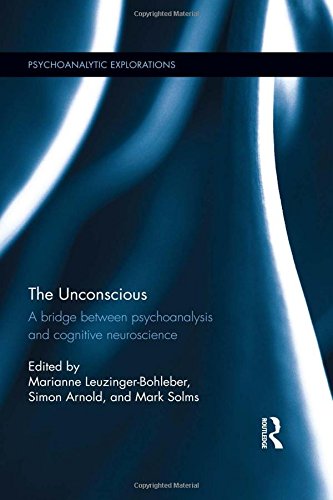

Most ebook files are in PDF format, so you can easily read them using various software such as Foxit Reader or directly on the Google Chrome browser.
Some ebook files are released by publishers in other formats such as .awz, .mobi, .epub, .fb2, etc. You may need to install specific software to read these formats on mobile/PC, such as Calibre.
Please read the tutorial at this link: https://ebookbell.com/faq
We offer FREE conversion to the popular formats you request; however, this may take some time. Therefore, right after payment, please email us, and we will try to provide the service as quickly as possible.
For some exceptional file formats or broken links (if any), please refrain from opening any disputes. Instead, email us first, and we will try to assist within a maximum of 6 hours.
EbookBell Team

0.0
0 reviewsThe Unconscious explores the critical interdisciplinary dialogue between psychoanalysis and contemporary cognitive neuroscience. Characterised by Freud as ‘the science of the unconscious mind’, psychoanalysis has traditionally been viewed as a solely psychological discipline. However recent developments in neuroscience, such as the use of neuroimaging techniques to investigate the working brain, have stimulated and intensified the dialogue between psychoanalysis and these related mental sciences. This book explores the relevance of these discussions for our understanding of unconscious mental processes.
Chapters present clinical case studies of unconscious dynamics, alongside theoretical and scientific papers in key areas of current debate and development. These include discussions of the differences between conceptualisations of ‘the unconscious’ in psychoanalysis and cognitive science, whether the core concepts of psychoanalysis are still plausible in light of recent findings, and how such understandings of the unconscious are still relevant to treating patients in psychotherapy today. These questions are explored by leading interdisciplinary researchers as well as practising psychoanalysts and psychotherapists.
This book aims to bridge the gap between psychoanalysis and cognitive neuroscience, to enable a better understanding of researchers’ and clinicians’ engagements with the key topic of the unconscious. It will be of key interest to researchers, academics and postgraduate students in the fields of psychoanalysis, cognitive science, neuroscience and traumatology. It will also appeal to practising psychoanalysts, psychotherapists and clinicians.